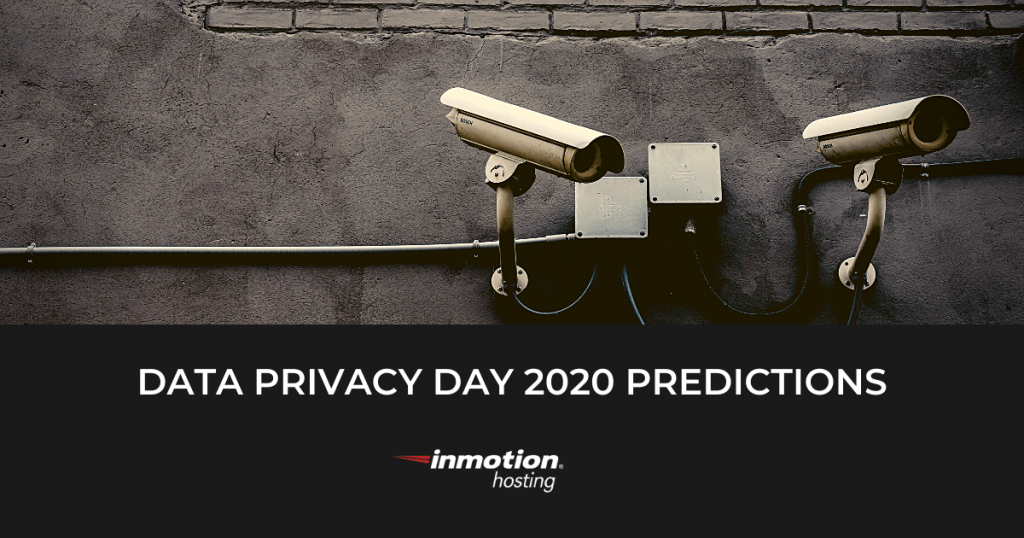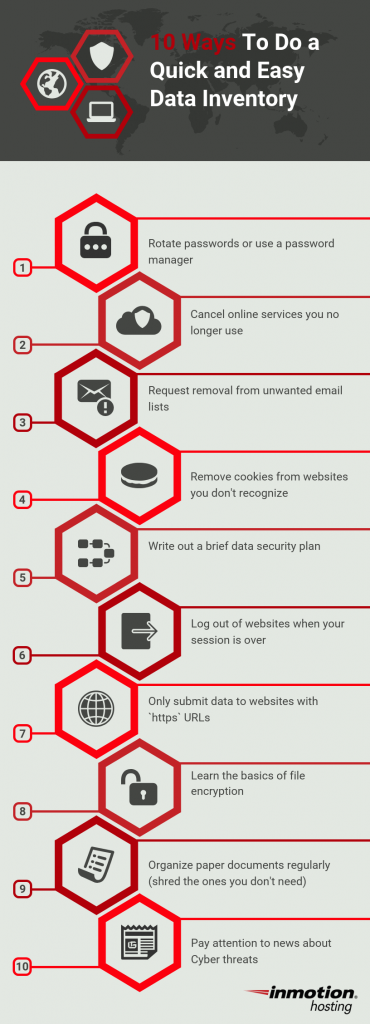
Data Privacy Day 2020 kicks off all over the Internet today. Buckle up because 2020 promises to be a bumpy year in the world of data. To that effect, we’ve compiled a short list of data privacy predictions for 2020. Will we be accurate in our forecast? In December, we’ll go back and see how prescient we were. But for now, let’s see what the 2020 crystal ball is saying.
2020 Data Privacy Predictions
- Biometric technology will continue to trend up. Most of you are likely already using biometrics (e.g. thumbprints) to log into your smartphones. More and more apps that handle sensitive data, like banking apps, are allowing biometric login alongside 2-factor authentication and PIN numbers. In 2020, there will be no shortage of ways to log into your apps, and the older methods (like encrypted text-based passwords) will decrease in relevance significantly. By the end of this year, your favorite apps may no longer be using text passwords at all. This may frustrate many in the short term, but may help mitigate fraud activity.
- The “Privacy Rights” debate will remain unresolved. The complicated issue of whether encrypted data privacy is a human right or merely a digital expedient remains to be settled while heated debate rages on both sides. There will probably be several more criminal cases in which locked iPhones will not be admissible for evidence, and Apple will provide no contingency for countenancing this issue in cooperation with law enforcement. We hope for a resolution on this debate that respects data privacy without giving shelter to criminals and terrorists.
- The purchase of the .org domain will not impede progress of the web. In November, rather few outlets in the media broke the story about a private equity firm purchasing the company that controls the dispensation of the .org domain extension. Many web privacy advocates have expressed concerns that a private company controlling this widely used extension could remove pricing caps (basically jack up the domain registration fees) and potentially censor content. It would be good to remember here that prices are set by consumers, not by businesses, and free speech itself will be protected regardless of what domain extension you are using. We anticipate that this deal will go through and it will not affect the day-to-day operations of websites that use the popular .org domain.
A Side Note on Removing The Online Stigma
With Data Privacy Day 2020 upon us, it’s a good opportunity to remind everyone that the Internet can be a big gossip, telling stories about you without your knowledge. While new data privacy regulations make it easier to request your data be removed from a site, this requires that the operators of that site comply with the regulations. Many online entities will still find a way of getting around these new laws, no matter how many regulations are created.
When social media first started taking off, now over a decade ago, users happily posted pictures, text, and video, without considering the long term effect of having all this content available to the public—some of it either embarrassing or even incriminating. Facebook allows users to share content only with friends, but there are older services out there that have become defunct or changed hands, and they kept the old content live for anyone, including potential employers, to see.
If you haven’t already, you may want to search for mentions of your name around the Internet just to make sure you’re not exposed without your knowledge or consent. Also, you can use Google to set up custom alerts for mentions of your name or similar searches. (Tip: using quotation marks around your name will help make sure to catch that exact search pattern.) There are reputation services available now that can help, but there is no complete protection against removing the online stigma. Remember, everything you put on the Internet should be thought of as a tattoo that can’t be removed.
One of the best ways to do reputation sanitization is to create your own website. Getting clear with your past may not mean trying to erase it, but instead create new things. Use your personal website to tout your personal brand, play up your strengths, skills, and insights. It’s quite possible that if you create enough new content about yourself it will bury the old stuff down so deep that few will bother to look. As Homer Simpson says, sometimes the best defense is a good offense.
Data Privacy Is Your Responsibility

Find more statistics at Statista
In 2020, you are probably going to see more and more data regulation schemes being concocted, from attempts to break up or “trust bust” big tech companies like Facebook and Google or ramping up aggressive litigation against them. No matter how these projects turn out, managing your data privacy is your responsibility. If you’re a tech savvy person, consider helping out your family members or friends in your community complete a data inventory. Such activities ideal for a data inventory include:
- Rotating passwords or installing a password manager
- Cancelling any online services no longer being used
- Requesting removal from email lists
- Removing cookies from sites you don’t recognize or trust
- Logging out of transactional websites when your session is over
- Teaching web users to recognize the difference between http and https URLs
- Learning the basics of encryption
- Organizing paper documents

In conclusion, help yourself get clear on how your data is present on the web, how it’s being used, and then help others get themselves organized.